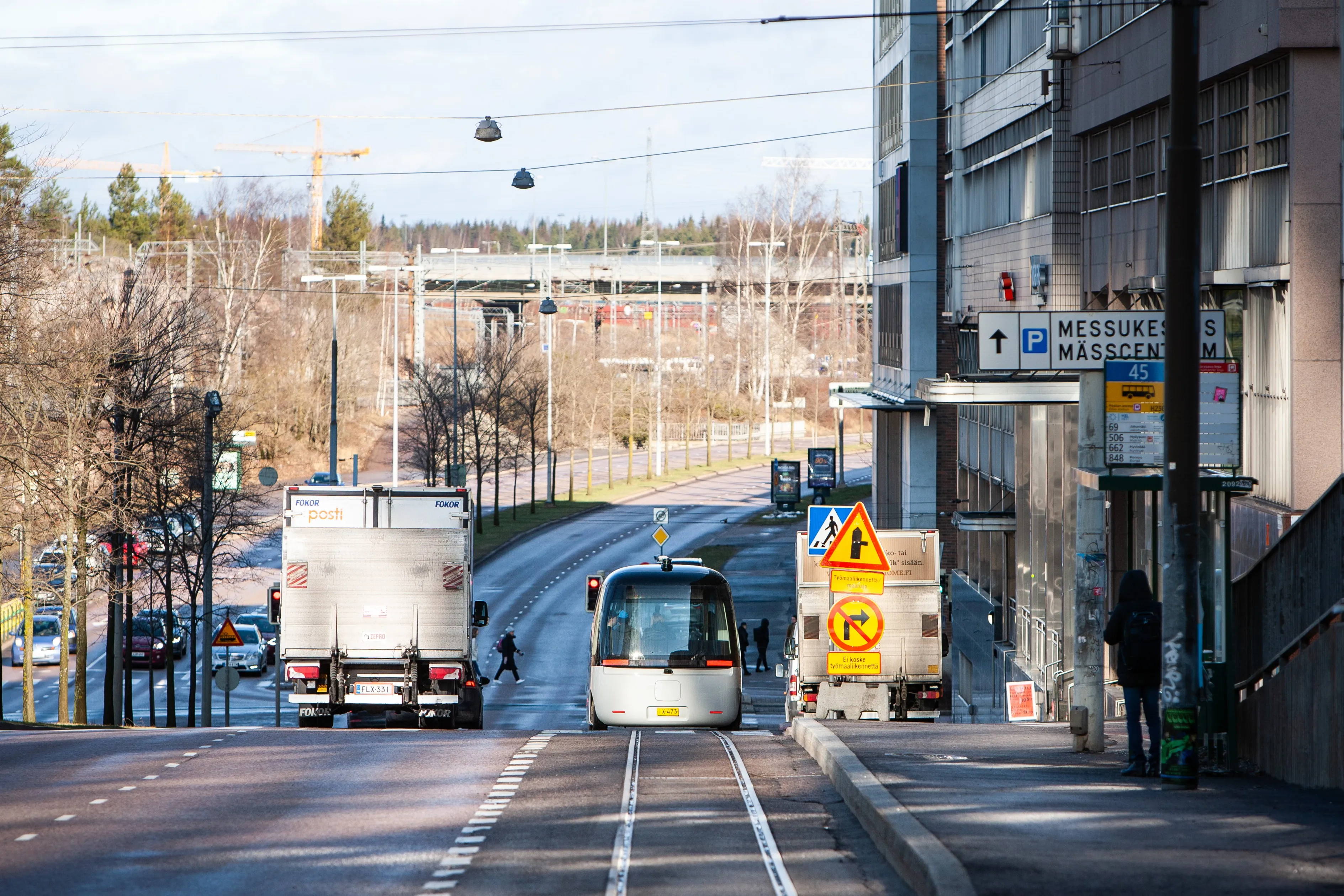The Sartre (Safe Road Trains for the Environment) project, funded by the European Union, has completed initial test demonstrations of a multiple vehicle platoon. The test fleet included a lead truck followed by three cars driven entirely autonomously at speeds of up to 90 km/h (57mph) – with no more than 6m between the vehicles. The project is being driven by seven European partners and is the only one of its kind to focus on the development of technology that can be implemented on conventional highways in
June 25, 2012
Read time: 1 min
The 574 SARTRE (Safe Road Trains for the Environment) project, funded by the 1816 European Union, has completed initial test demonstrations of a multiple vehicle platoon. The test fleet included a lead truck followed by three cars driven entirely autonomously at speeds of up to 90 km/h (57mph) – with no more than 6m between the vehicles. The project is being driven by seven European partners and is the only one of its kind to focus on the development of technology that can be implemented on conventional highways in which platooned traffic operates in a mixed environment with other road users.









